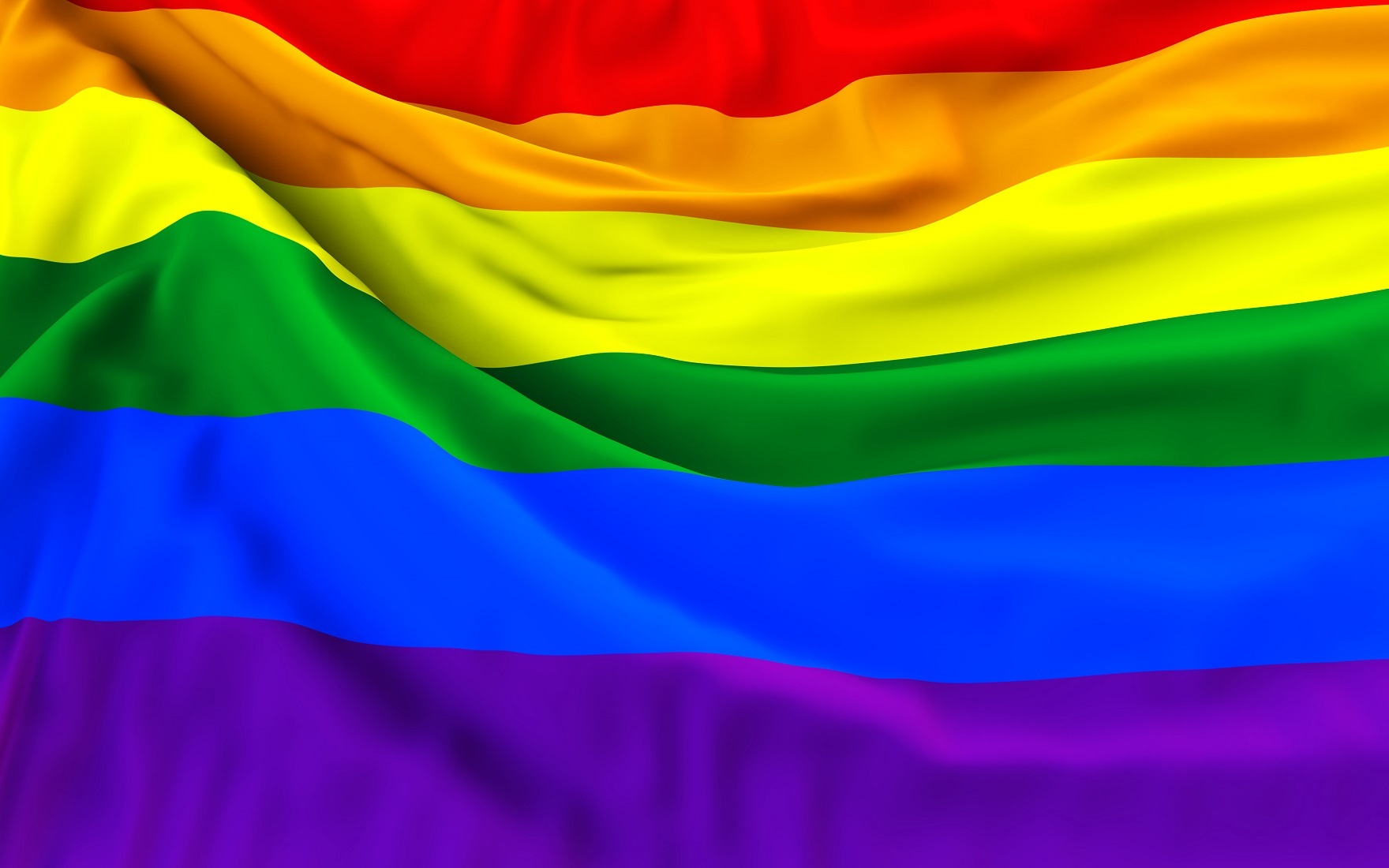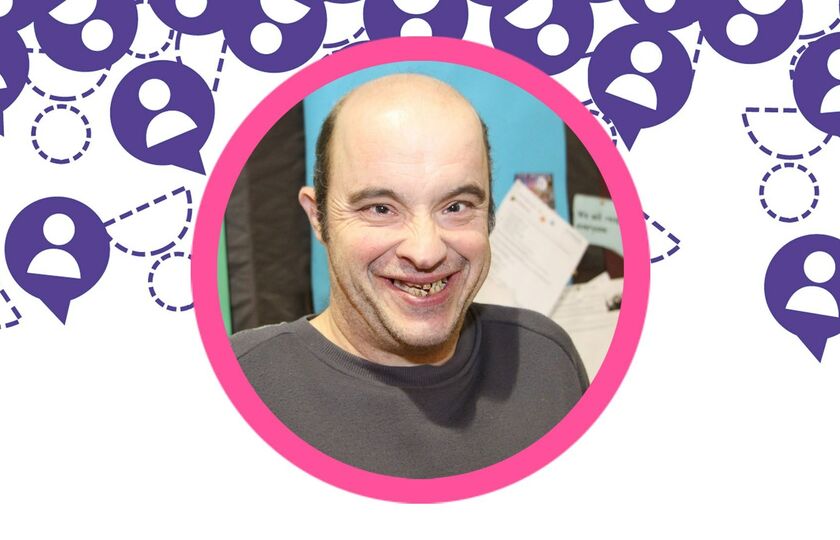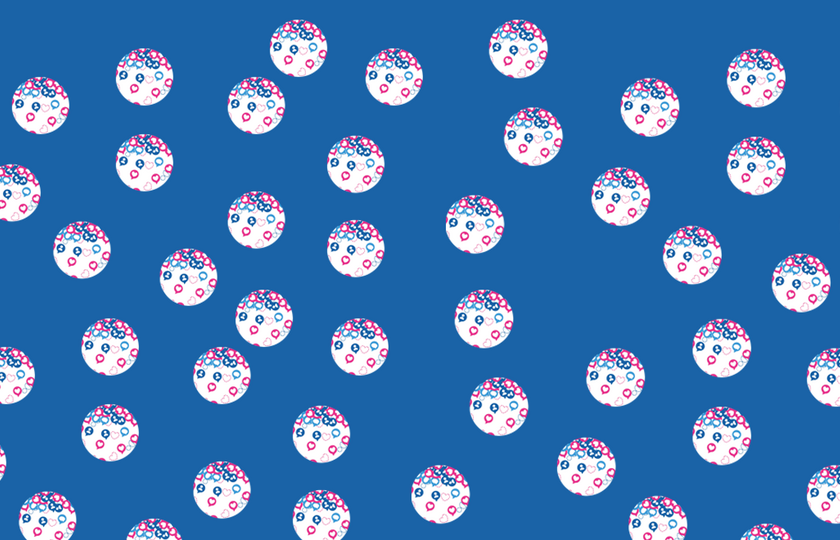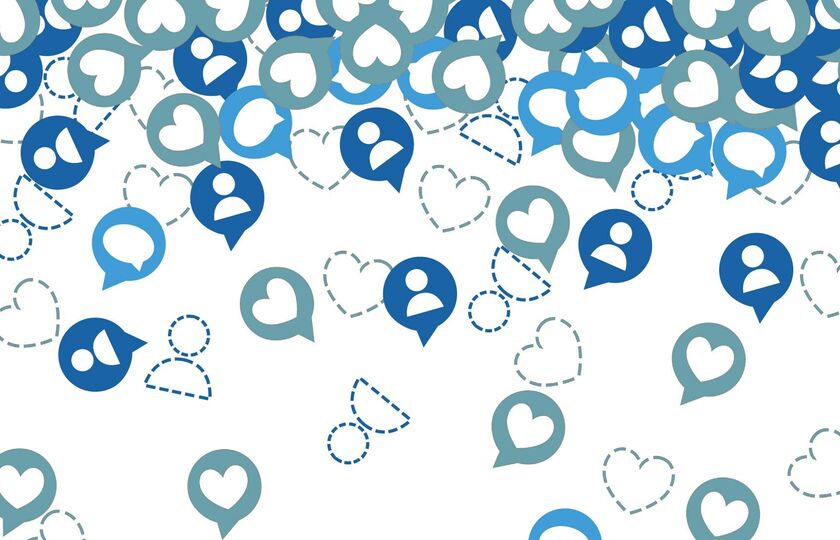Blog
LGBT social groups

Social groups for people with learning disabilities who identify as LGBT are few and far between.
People who identify as LGBT (Lesbian, Gay, Bisexual and Transsexual) are said to make up between 5% and 10% of the general population. That means that a significant minority of the people we support with learning disabilities identify as LGBT.
Do we know who they are?
Often, I think not. These are private and sensitive matters and often there is reluctance from both the people themselves and support staff to address such issues. After all, it's within many of our lifetimes that to be open about homosexual acts was risking a criminal prosecution or worse.
Over my 30 years of supporting people with learning disabilities, I've met a few people who would probably identify as LGBT. I say probably, but it's rare that I've talked to them about it. On the occasions where I have, generally with older people, the opinion is that it was easier to be gay or lesbian in the long-term hospitals than it is today! A fact that seemed quite shocking to me. I worked in a learning disability hospital in the early 80s and there was an obvious reluctance from staff to support LGBT relationships, which simply reflected the attitude of the time. However, there was also an ability to 'look the other way', sometimes coupled with a high level of individual freedom for patients within the grounds of the hospital. This meant that 'support' from staff and all the attitudes that came with this was not given nor wanted.
Happily, the hospitals are mostly gone and in these person-centred days people with learning disabilities have more opportunities than perhaps ever before. But what has changed for LGBT people is that in long-term hospitals they didn't need support to explore their sexuality, whereas now it seems they need more support than ever around these issues. And it is not a subject that many people are comfortable to explore. Perhaps as a profession social care needs to look how far society has come in accepting LGBT people into mainstream society and do some serious catching up?
Support groups for people with a learning disability who identify as lesbian, gay, bisexual or transgender are few and far between. Those that have existed in the past have, for reasons that are unclear, ceased to function. It seems surprising that in London, a city of such diversity, no such support group exists.
We want this to change
Supported Loving is supporting the development of LGBT social groups for people with learning disabilities, one in Wakefield called 2BU Wakefield and one in Rainbow Friends London.
But our most pressing task is to reach people with learning disabilities who might be LGBT. This is not proving as straightforward as we might have hoped. While it is a relatively easy process to access providers of support, filtering that message through to the people who might be interested is proving very difficult. Whilst social media can work well, many of the people we support do not use these tools or have access to the internet. If the groups are to become a success, we need people who work with people with learning disabilities to spread the word through as many avenues as possible.
If you believe that everyone deserves the opportunity to explore their sexuality, feel comfortable being who they are, and maybe finding love, please tell anyone you know who might be interested.
For further information please contact our Involvement Team.
Please help us spread the word.
Jon Dennison is a bank support worker at Choice Support and the founder of @LDandGayLondon, with over 30 years' experience supporting adults with learning disabilities.
The views expressed in the Supported Loving blog are not necessarily those of Choice Support.
Join the Supported Loving network here or contact Dr Claire Bates for more information about Supported Loving.





